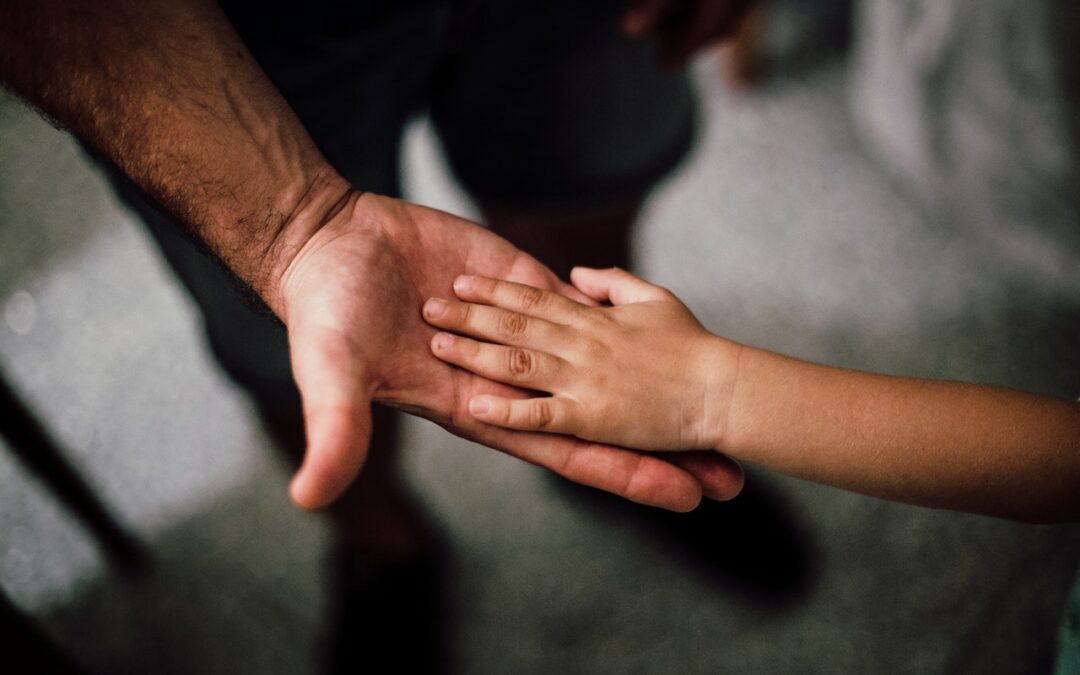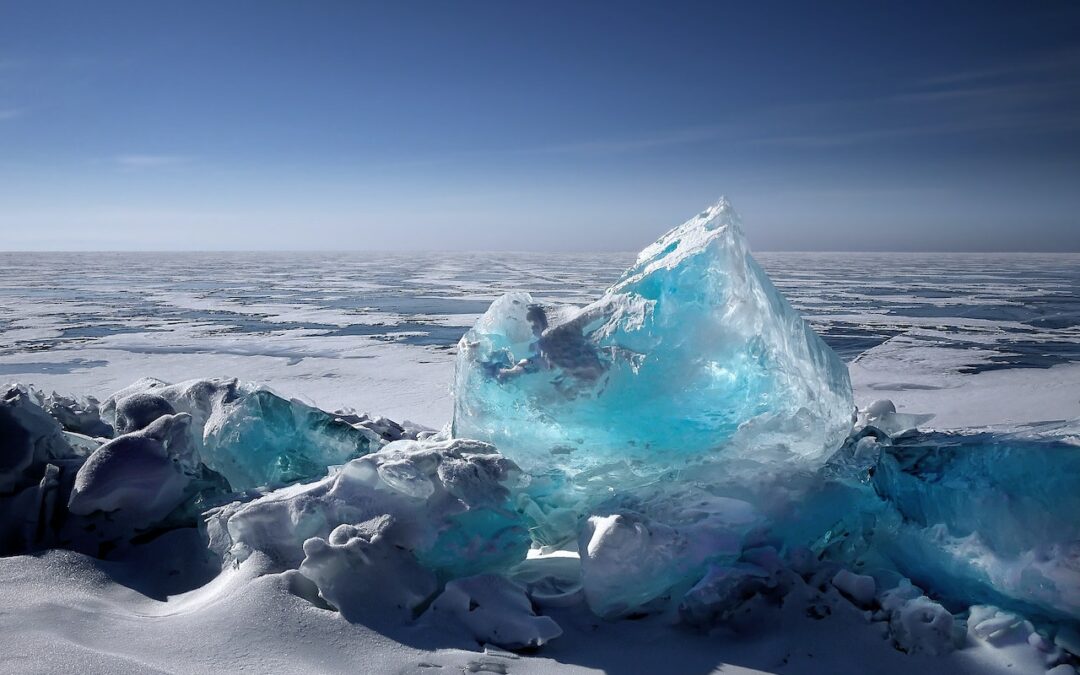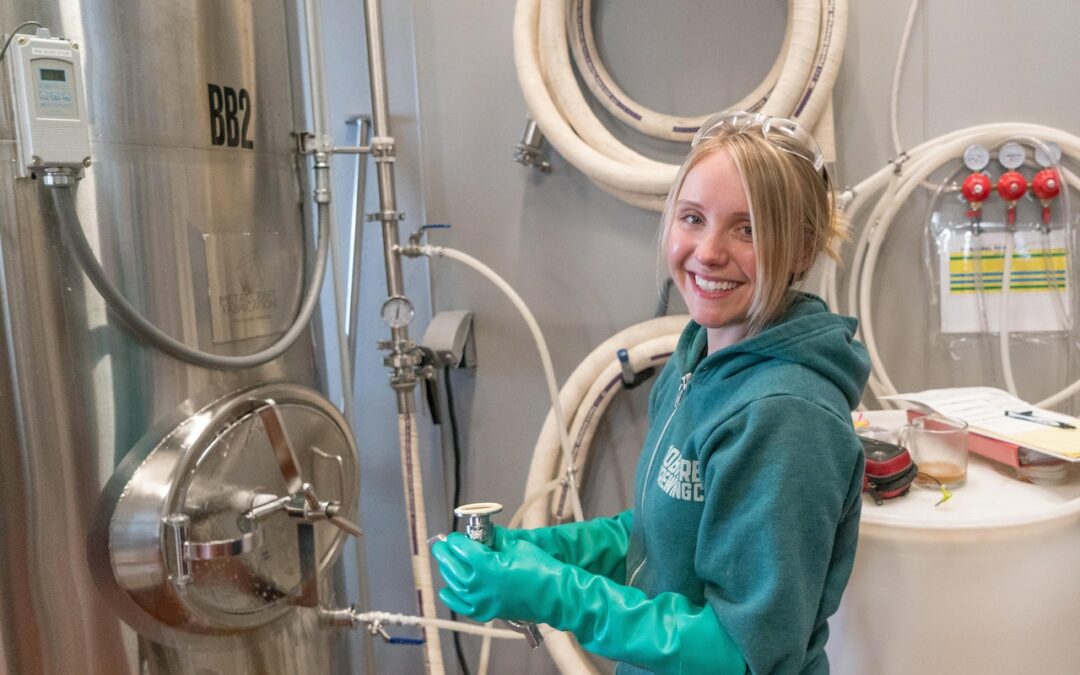
by Grace Ebert | Apr 24, 2024
Julie Heffernan likens her paintings to “advent calendars gone haywire.” Working in oil on canvas, the Brooklyn-based artist renders vast dreamworlds with tiny vignettes scattered across wider landscapes. Appearing from a distant or aerial perspective, the pieces envision the possibilities of life after fires, floods, and other climate disasters and potential opportunities for emerging anew.
Grand in scale and scope, the intricate paintings bear titles like “Self Portrait as Emergency Shipwright” and “Self Portrait with Sanctuary,” which nod to the personal details within each work. More
Do stories and artists like this matter to you? Become a Colossal Member today and support independent arts publishing for as little as $5 per month. The article Imagining Worlds After Climate Disaster, Julie Heffernan Melds Chaos and the Sublime appeared first on Colossal.

by Komoneed | Apr 24, 2024
Our editors curate highly rated brands that are first assessed by our rigorous ratings system. Buying through our links may earn us a commission—supporting the work we do. Learn more. Temu’s lack of transparency is a big red flag. Here’s why we rate the brand “We Avoid”, our lowest rating. This article is based […]
The post How Ethical Is Temu? Why We Rate the Brand ‘We Avoid’ appeared first on Good On You.

by Komoneed | Apr 23, 2024
Evidence-based approaches to building small-scale farmers’ climate resiliency
jschoshinski
Wed, 04/17/2024 – 15:37
A key component of USAID’s approach to climate adaptation and resilience for food and water security is centered on support for small-scale farmers in low- and middle-income countries. More frequent extreme weather events, like rainfall shocks, and slow-onset change, like warmer and drier conditions, are reducing farmers’ crop harvest stability. Global food production exacerbates these impacts, emitting approximately one quarter of greenhouse gas emissions annually. Building small-scale farmers’ resilience is complex, and stewarding environmental health and enhancing agricultural productivity have often been seen as at odds with each other in policy decisions.
J-PAL will present findings from twenty rigorous and policy-relevant randomized and quasi-experimental evaluations of risk-reducing, climate-resilient agricultural technologies and practices from around the world. The presentation will share examples of findings from specific studies, and identify lessons across evaluations in multiple contexts that can inform USAID’s approach to supporting small-scale farmers in adapting to the evolving challenges of climate change.
Teaser Text
J-PAL will present findings from 20 randomized and quasi-experimental evaluations of risk-reducing, climate-resilient agricultural technologies and practices.
Event Date
Friday, May 17, 2024, 3:00
– 4:00 pm UTC
Advanced registration required
Off
External Link
Register Here
Event Format
Virtual
Event Type
Webinar/Presentation
Topic
Agriculture
Climate-Resilient Agriculture
Emissions
Food Security
Monitoring, Evaluation, and Learning
Resilience
Weather
Strategic Objective
Adaptation
Integration
Mitigation
Sectors
Agriculture and Food Systems
Region
Global
Add to calendar
Add to Calendar
2024-05-17 15:00:00
2024-05-17 16:00:00
Evidence-based approaches to building small-scale farmers’ climate resiliency
A key component of USAID’s approach to climate adaptation and resilience for food and water security is centered on support for small-scale farmers in low- and middle-income countries. More frequent extreme weather events, like rainfall shocks, and slow-onset change, like warmer and drier conditions, are reducing farmers’ crop harvest stability. Global food production exacerbates these impacts, emitting approximately one quarter of greenhouse gas emissions annually. Building small-scale farmers’ resilience is complex, and stewarding environmental health and enhancing agricultural productivity have often been seen as at odds with each other in policy decisions.
J-PAL will present findings from twenty rigorous and policy-relevant randomized and quasi-experimental evaluations of risk-reducing, climate-resilient agricultural technologies and practices from around the world. The presentation will share examples of findings from specific studies, and identify lessons across evaluations in multiple contexts that can inform USAID’s approach to supporting small-scale farmers in adapting to the evolving challenges of climate change.
Global Climate Change
team@climatelinks.org
UTC
public

by Komoneed | Apr 23, 2024
Available now as an PDF-magazine and with some articles online is the sixth issue of factory called Value-ation. It deals with all aspects of appreciation of tangible, personal and social values in the context of sustainable economy.

by Komoneed | Apr 23, 2024
Our editors curate highly rated brands that are first assessed by our rigorous ratings system. Buying through our links may earn us a commission—supporting the work we do. Learn more. Calvin Klein is an iconic American brand. Sadly, it still isn’t doing enough for people, the planet, and animals, and has received an overall score […]
The post How Ethical Is Calvin Klein? appeared first on Good On You.




